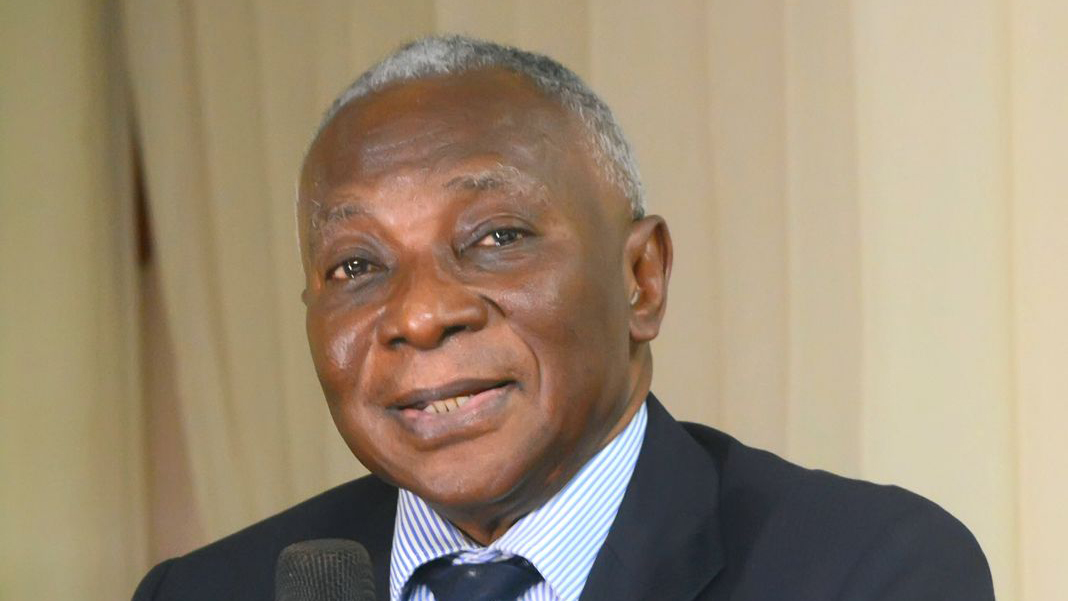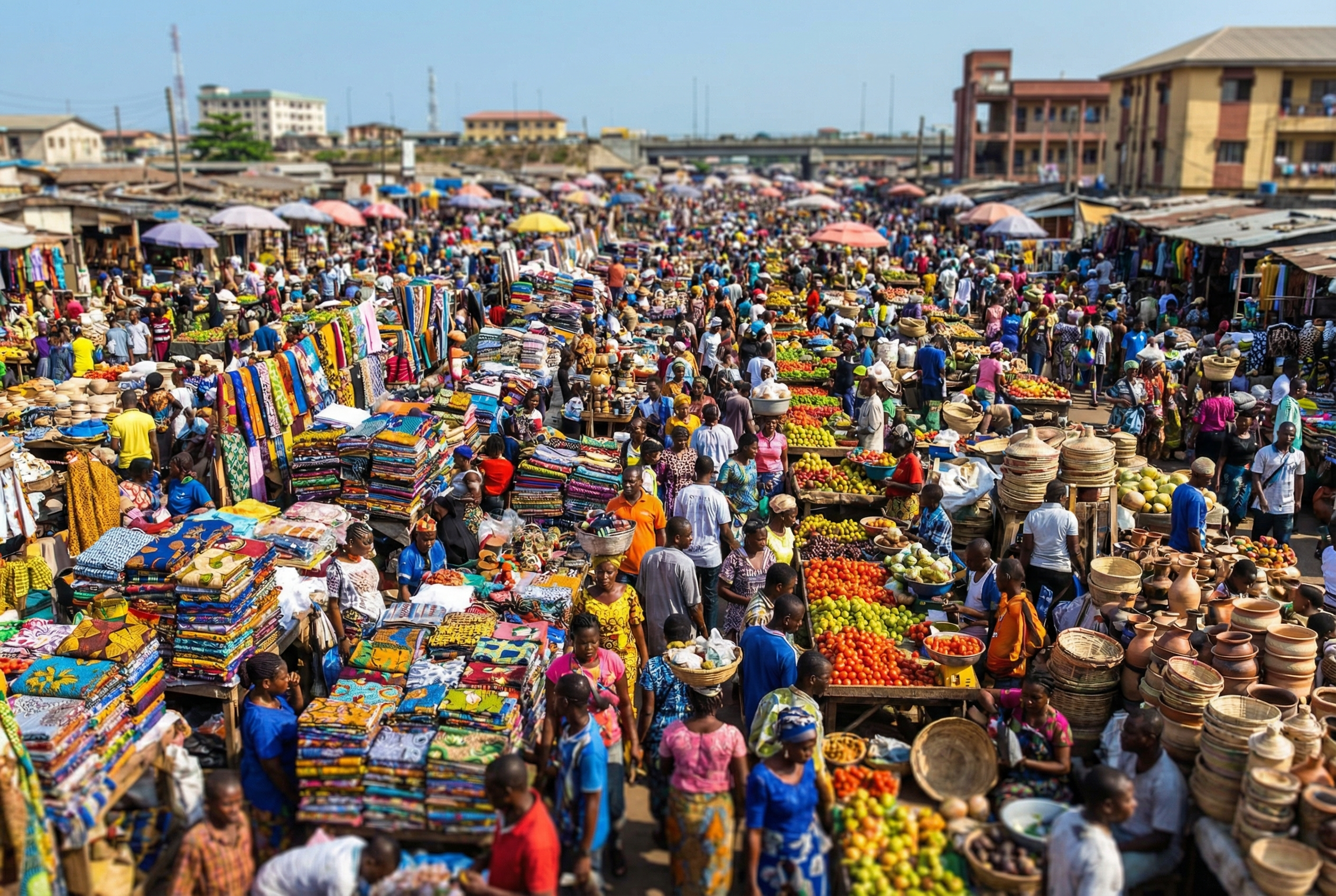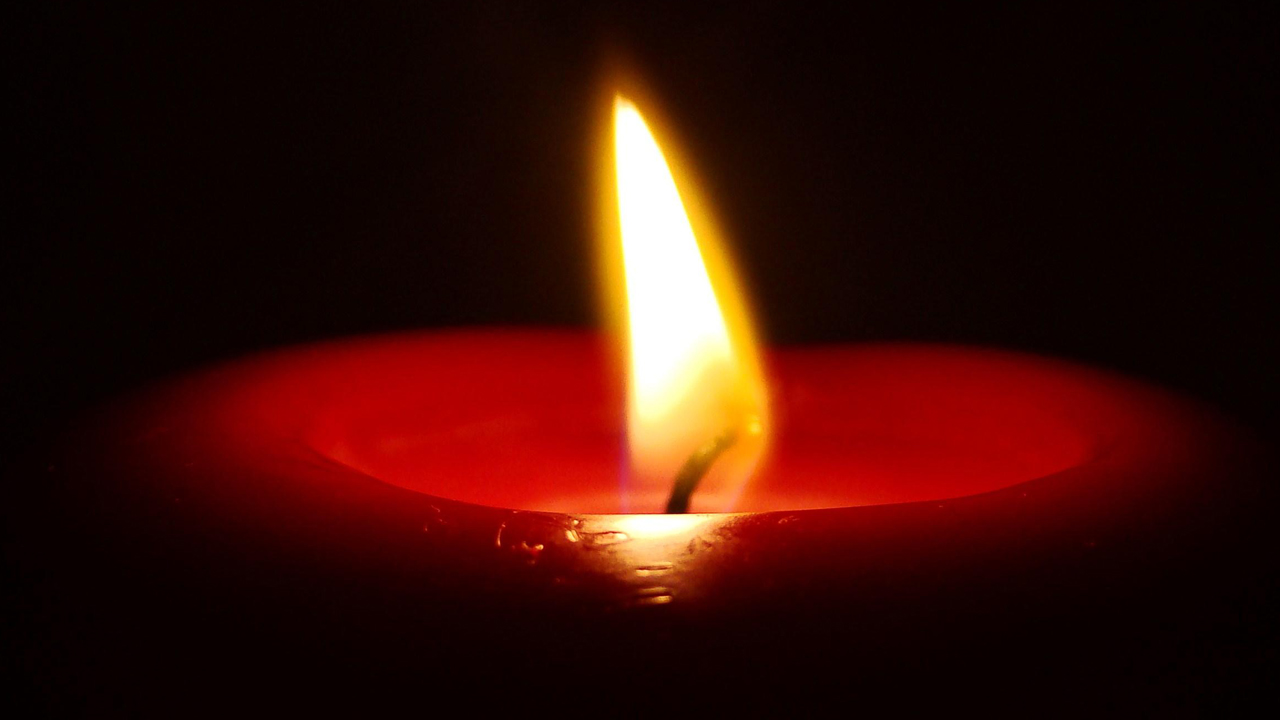
I hear the groans as the current economic difficulties try to crush those of us outside the loop of our national politics where the rivers of money flow without ceasing. I hear the reportorial greeting: life is hard.
I hear the gnashing of teeth. And I hear the threat by labour to go on strike unless the good times begin to roll again. But it is payback time, brother, and payback we must. Palliative times are not good times.
I see the half empty streets because the cost of petrol has forced many, including the unruly molue drivers, to keep their vehicles at home and manage to get to where they want to go at less cost on footbenz. I see the empty stalls and the upturned makeshift tables in the small markets because the petty traders, part of the tireless denizens of the informal sector, are absent.
The chickens have returned home to roost.
We did not arrive here suddenly. It was not what our enemies wished upon us. We arrived here with our eyes open after a long trek through the jungle of the poor management of our human and natural resources. It is interesting, as most things are in our country, that the hordes of men and women who hear from God mistook our future for the collection plates.
We arrived here with some wobbly steps in the management of the national economy; a system of economic management characterised by contradictory policies that took the economy up only to bring it down. Faux steps do have an uncanny ability of doing just that.
We arrived here because we chopped back then when we were awash in petro-dollar and are now confronted with what confronts every debtor, to wit, payback time. Not always a pleasant experience. But that is life. No debtor can escape it just as no one who chops can escape paying back sooner than later. In sacerdotal terms, it is payback time for the many sins we and our successive leaders in khaki or agbada have committed against the national economy.
Life is hard. It has been the hardest so far in the past seven months. It can only get harder because it is payback time. Payback time is a painful time. Gird your loins and grit your teeth, brother, our sins committed against ourselves, and our national economy for years have caught up with us. There is no quick fix to an economy that has been battered this far.
Remember that ours was the richest country on the continent. And then the table turned because what was and is not mismanaged is stolen. Ours must be one of the few countries with a commission devoted entirely to catching the fleet-footed looters of our treasuries at national and sub-national levels. Still, the stealing goes on and the thieves in high places are not just smirking but laughing at us partly because the foot soldiers of the commission invariably exploit their position to serve themselves. And the economy reels.
Sure, we can relish the good times when we and our leaders lived life to the superlative degree. To be fair, the cruel truth dawned us, but our leaders largely ignored it. The tinkling of the petro-naira in our pockets and the full treasuries at national and sub-national levels blinded us and deafened us to the divine truth dispensed by the Onitsha lorry owner, to wit, no condition, good or bad is permanent. It is impossible for a nation that lives our kind of paradoxes and contradictions not to descend from the mountain as the richest nation on the continent to the valley as the poorest nation on God’s earth.
We remain largely unfazed by the fact that we lived and still live the paradox of a rich but poor nation. We are the giant of Africa but a giant the size of King Pago is a freak in nature.
Our national wealth rested on a weak foundation on which it could not grow. Our factories were mere assembly plants for which raw materials and spare parts were imported. When the vagaries of the world economy struck our so-called manufacturing industries danced in the wind.
Our economy was and is the equivalent of a rentier economy if you see the proceeds we collected and collect from crude oil in term of rent payment. But the good times rolled, as in Chief AdisaAkinloye’s branched champaign. Our country attracted hordes of foreign businessmen and experts in all fields of human endeavour.
They came, they advised us, and they went home richer than they came. The pains we refused to endure for a better future in the past have now caught up with us. If you postpone evil, it never fails to wait for you at the end of the rainbow. Here we are at the end of the rainbow, staring at the face of the evil that we piled up like twigs as if we were going to roast our hypocrisy.
General Obasanjo, as military head of state, thought we owed ourselves a duty to feed ourselves. Operation Feed the Nation was a small step towards a defined end. We ignored it. President Shehu Shagari took it further with the launch of his Green Revolution programme, but the thought of dirtying our hands to feed ourselves encouraged us instead to let the abandoned farmlands remain abandoned. The policy died because we preferred consumption to production. We had the money and could pay for food from anywhere in the world. This has been the bane of all our national policies, most of which had and have a short shelf life.
It is payback time, brother.
We chopped and we must pay for what we chopped in the past.
This country really no get shame. We have 80 per cent arable land but choose to depend on South Korea with 30 per cent arable land for our feeding. There is enough rice-producing-land in Kebbi, Bauchi and Ebonyi states to produce enough rice to feed us but imported rice is the symbol of social importance. So, we imported and still import. Ask a customs officer at any of our porous borders and he will confirm that the smuggler is his pay master.
President Ibrahim Babangida knew that the fault was with the faulty structure of the economy but his attempt to right the wrong with his Structural Adjustment Programme (SAP), only invited hordes of protesters to the streets complaining of the pain visited on the country by the programme. The general was forced to roll back his programme. If we had endured the pain then and righted the wrong in the structure of our national economy to place it on a solid foundation on which it would stand to grow, the chickens would not today confront us with their returning home to roost.
It is payback time.
Ours is a country that consumes. We do not produce. We consume anything and all things from anywhere and everywhere. A nation that consumes is a nation at the mercy of market forces. Most of our multi-millionaires and billionaires became rich by merely trawling the system and exploiting our consumption habits.
Production is the engine of economic growth. It is a law of nature recognised by Nigerians such as Aliko Dangote, who want to make a difference. He is a multi-faceted producer involved in rice production, sugar production, road construction and cement production here and in at least two other African countries. There are, of course, other Nigerians like him such as Innoson who gives us hope that ours will not be a dependent nation for ever. But the path to that future is strewn with the debris of contradictions. Labour pains come before the birth of a baby. In our kia-kia mentality, we think we can always ignore the laws of nature.
The Buhari administration deepened the misery and the frustration of our national economy. It saw only one path for our economic and, therefore, national development – other people’s money. The man who, in 1984, said Shagari had turned our country into a beggar nation, turned it into a real and frustrated beggar nation. He left office after eight years with a debt burden of N77 trillion on the scrawny neck of our national economy.
The damage he did to our economy is deep; it is extensive; the pains are inevitable. President Bola Tinubu has the poor luck of inheriting a badly mismanaged economy. None before him had this kind of poor luck. What he and his economic managers make of our current situation will determine the future of our country, its economy, and its development.
We have a choice: we either continue our wayward ways, seeking unmerited applause with populist handouts or palliatives or we buckle up now, gird our loins and grit our teeth and accept that easing the payback pain is a long and frustrating experience and not something that yields to our kia-kia mentality.






